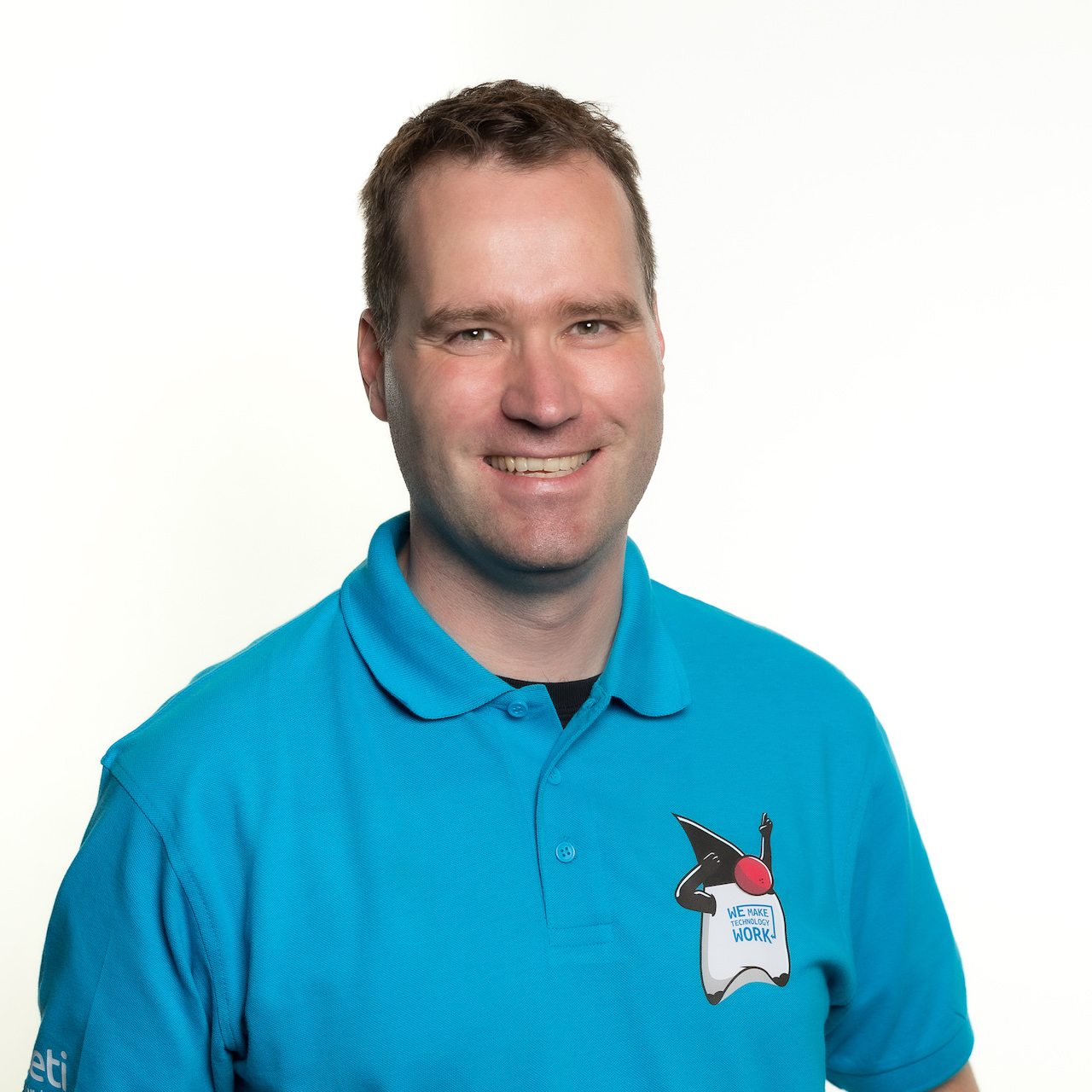THREE CONCRETE MEASURES TO MAKE YOUR IT MORE SUSTAINABLE
December 7, 2023
Sustainability and IT go hand in hand. Discover three concrete measures to make your IT activities more sustainable. Learn how Carbon Aware Computing is becoming the new standard in the IT world. From location shifting to time shifting and demand management, these strategies help you make more sustainable choices. Make the switch and contribute to more sustainable business operations.
IT professionals must also take their responsibility on the road to a sustainable society. After all, part of the CO2 emissions is due to the use of technology. Where computing power and storage are becoming increasingly accessible and cheaper, unlimited and arbitrary recourse to IT capacity now seems like a piece of cake. That must and can be done differently. With the use of Carbon Aware Computing, the use of green energy becomes the new normal.
The awareness that IT can also contribute to sustainable business operations is growing steadily. However, many organizations still struggle with the question of how. Especially where sustainability is mainly the responsibility of a separate department. Concrete actions are far removed from daily practice. This changes if energy consumption is a strategic point of attention throughout the entire life cycle of IT solutions; from the design, development, and construction of systems to their maintenance, management, and replacement. Thanks to the use of Carbon Aware Computing, the use of green energy is becoming commonplace during various phases. This is done based on location, time, and demand management:
Location Shifting
Ensure that energy-intensive processes take place in places where the ratio of green energy to the energy grid is most favorable. Location shifting is relevant for regular continuous processes that take place at night, for example. Batch processes during the night are also extremely suitable for location shifting. Based on historical, current, and predictive information, it becomes clear what amount of green energy is available. When starting a process, energy scenarios can be requested from the cloud. Only then will the process start where the most green energy is available.
Time Shifting
Provided you are flexible in the times at which IT processes can take place, time shifting is ideal for taking advantage of moments of abundance. Green energy that would otherwise be wasted because the combination of available wind, water, or solar energy exceeds demand is thus put to good use. Machine Learning processes are ideally suited for time shifting. Batching large amounts of data or transcoding videos into different formats is usually not tied to a specific time. Microsoft has been using this for Windows 11 since 2022. Updates are automatically downloaded and installed when the most available green energy is available.
Demand Shaping
Adjust the application to the amount of available green energy. That is demand shaping. This makes it possible to run software continuously. Continuous availability of energy is often a precondition. Controlling usage is then a good alternative to time shifting. For example, consider economical appliances with an eco mode setting, such as washing machines. At times of surplus, a quick washing program is chosen. When there is scarcity, the wash will take longer. Streaming services can also automatically reduce video quality in times of scarcity to save energy.
To take full advantage of Carbon Aware Computing, it is first important to map existing IT processes within the IT landscape. This gives you insight into which processes are eligible for location, time, and/or demand shifting. With the use of Open Source tooling from the Green Software Foundation, these three measures can be fully automated. Data sources such as WattTime and Electricity Maps help provide insights into available green energy.
The amount of available green energy is still limited. By making maximum use of places and moments of surplus, you will at least contribute to a sustainable business operation
No posts

 English | EN
English | EN 